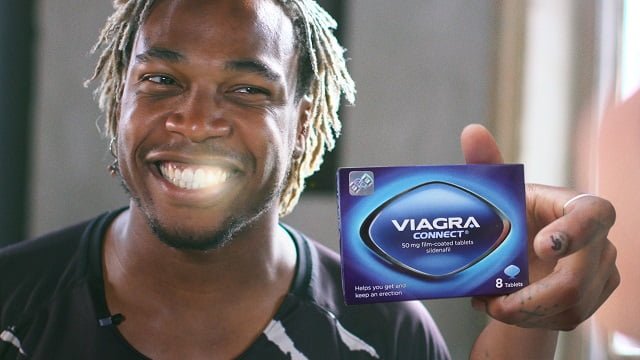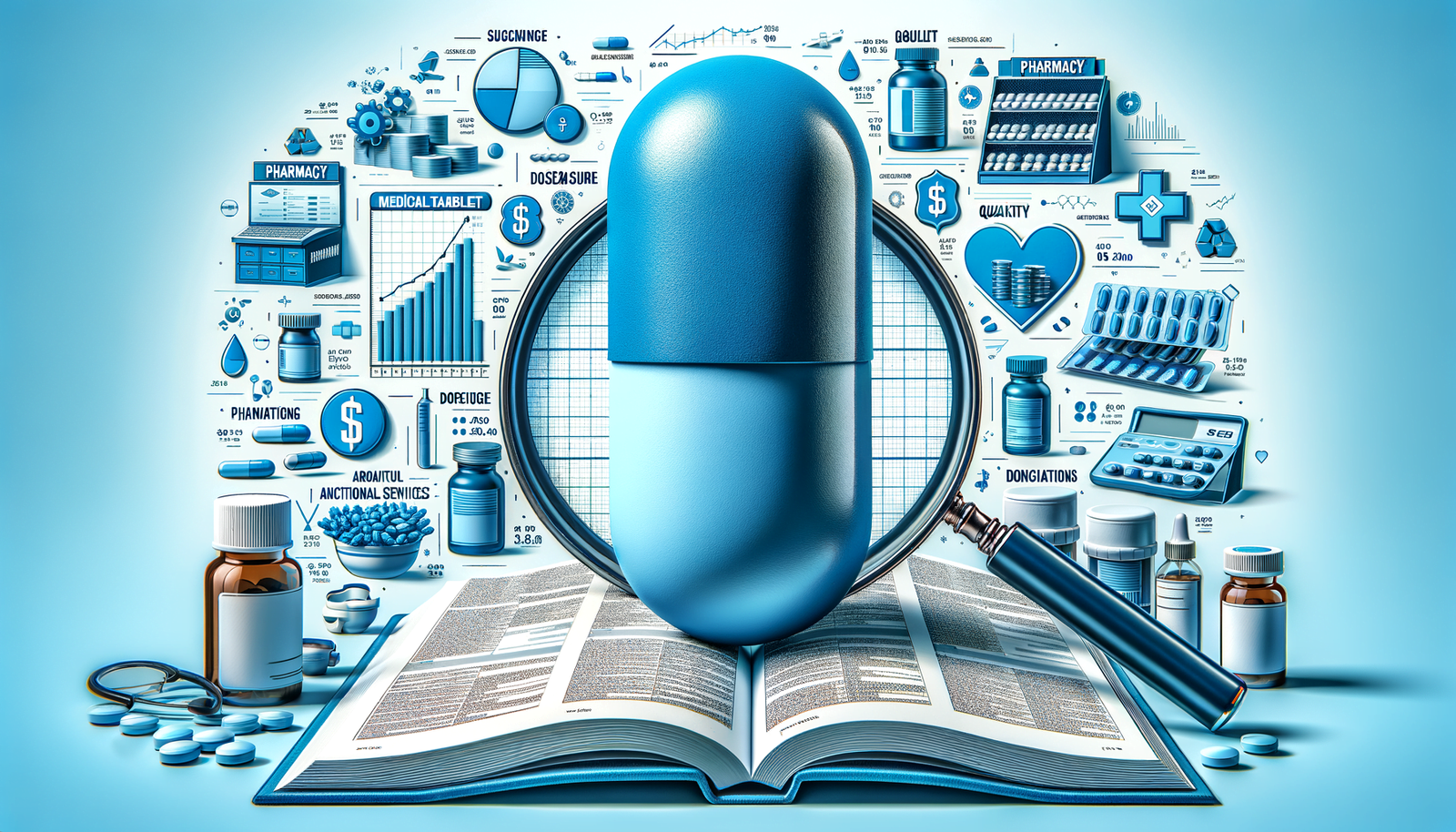Testosterone is a critical male sex hormone that regulates sexual function, fertility, muscle and bone mass, red blood cell production, and overall vitality. Low testosterone, also called male hypogonadism or simply low T, is more than just a lab value — it can profoundly affect physical, emotional, and mental health.
This comprehensive guide explains why testosterone levels drop, what factors contribute, and how doctors evaluate and manage this condition. It is based on guidance from leading institutions like the Mayo Clinic, Cleveland Clinic, Harvard Health, and peer-reviewed studies.
This content is educational only and not a substitute for professional medical evaluation.
Why Testosterone Matters
Testosterone plays a key role in:
- Sexual desire and erectile function.
- Sperm production and fertility.
- Muscle growth and bone density.
- Fat distribution and metabolism.
- Mood, motivation, and energy.
Low testosterone can lead to fatigue, reduced libido, erectile dysfunction, depression, muscle loss, weight gain, osteoporosis, and even cognitive changes if untreated.
What Is “Low” Testosterone?
- Testosterone levels fluctuate throughout the day, peaking in the morning. Most medical guidelines define low testosterone when:
- Measurements are confirmed on two separate mornings.
- Morning total testosterone is consistently below 300 ng/dL.
- Symptoms such as low libido, fatigue, or loss of muscle mass are present.
Types of Hypogonadism (Low T)
Doctors classify low testosterone into two major categories:
| Type | Where the Problem Starts | Examples |
|---|---|---|
| Primary hypogonadism | Testes fail to produce enough testosterone | Klinefelter syndrome, testicular trauma, orchitis, chemo/radiation, orchiectomy, undescended testes |
| Secondary hypogonadism | Pituitary or hypothalamus fails to signal testes | Pituitary adenomas, high prolactin, Kallmann syndrome, head injury, severe chronic illness |
This distinction helps doctors choose diagnostic tests (bloodwork, imaging) and appropriate treatments.
Major Causes of Low Testosterone
1. Age-Related Decline
Testosterone naturally declines about 1% per year starting around age 30. Many men remain within the normal range, but age-related changes combined with obesity, poor sleep, or chronic disease can trigger symptoms.
2. Genetic and Congenital Conditions
- Klinefelter syndrome (47,XXY): Affects testicular development, leading to lifelong primary hypogonadism.
- Kallmann syndrome: A rare genetic disorder causing GnRH deficiency, delayed puberty, and loss of smell.
- Undescended testes (cryptorchidism): Increases risk of low testosterone if not corrected in childhood.
- Rare syndromes such as Prader–Willi, Noonan, and myotonic dystrophy also affect hormone production.
3. Testicular Injury, Infection, or Surgery
- Bilateral trauma: Physical injury to both testes can cause permanent damage.
- Mumps orchitis: Viral infection that can destroy testicular tissue.
- Cancer treatment: Radiation or chemotherapy targeting pelvic areas may lead to temporary or permanent low T.
- Surgical removal (orchiectomy): Performed for cancer or other conditions, leading to immediate testosterone deficiency.
- Hemochromatosis: Iron overload damages the testes and pituitary.
4. Pituitary or Hypothalamic Disorders
- Pituitary adenomas: Benign tumors that interfere with LH/FSH production.
- Hyperprolactinemia: High prolactin levels suppress GnRH, lowering testosterone.
- Head trauma: Can damage hormone-regulating centers.
- Inflammatory diseases: Sarcoidosis, tuberculosis, or infiltrative conditions may disrupt hormone signaling.
5. Chronic Illness and Systemic Conditions
Chronic disease often suppresses hormone production:
- Obesity: Increases estrogen conversion, decreases LH output, and alters SHBG levels.
- Type 2 diabetes: Closely linked with low testosterone and insulin resistance.
- Sleep apnea: Poor sleep reduces natural nighttime testosterone surges.
- Chronic kidney or liver disease: Alters hormone metabolism.
- HIV/AIDS: Chronic inflammation and medications contribute to hypogonadism.
6. Medications and Substances
- Opioids: Long-term opioid therapy suppresses the hypothalamic-pituitary-gonadal axis.
- Glucocorticoids: Long-term use (e.g., prednisone) suppresses LH/FSH and testosterone.
- Androgen deprivation therapy (ADT): Used to treat prostate cancer; intentionally lowers testosterone.
- Anabolic steroid misuse: External steroids shut down natural production, often leading to post-cycle hypogonadism.
- Alcohol abuse: Damages both the liver and hormone regulation.
- Certain antidepressants or antipsychotics may indirectly reduce testosterone levels.
7. Lifestyle and Environmental Factors
- Chronic stress: High cortisol inhibits testosterone production.
- Extreme exercise or overtraining: Suppresses reproductive hormones.
- Nutrient deficiencies: Lack of vitamin D, zinc, or adequate calories affects testosterone synthesis.
- Endocrine disruptors: Chemicals like phthalates and pesticides may impact hormone health.
How Doctors Diagnose the Cause
- Confirm low testosterone: Two morning blood tests for total testosterone, plus free T if SHBG is abnormal.
- Check LH and FSH:
- High LH/FSH → primary hypogonadism.
- Low or normal LH/FSH → secondary hypogonadism.
- Evaluate other hormones: Prolactin, thyroid, cortisol.
- Review lifestyle and medications.
- Imaging if needed: Pituitary MRI or testicular ultrasound.
Why Diagnosis Matters
Low testosterone is often a symptom rather than the root cause. Finding and treating the underlying reason is crucial. For example:
- Testosterone therapy won’t solve low T caused by untreated sleep apnea.
- Pituitary tumors need targeted treatment, not just testosterone replacement.
- Addressing obesity or diabetes can naturally raise levels.
Lifestyle and Preventive Steps
- Weight loss: Even modest fat loss can improve testosterone and insulin sensitivity.
- Better sleep: Treating sleep apnea and improving sleep hygiene boosts natural testosterone.
- Strength training: Resistance exercise increases testosterone and overall health.
- Balanced diet: Ensure enough protein, healthy fats, vitamin D, and zinc.
- Limit alcohol and drugs: Reduce liver and hormonal stress.
When to See a Doctor
- See an endocrinologist or urologist if you have:
- Symptoms plus two confirmed low testosterone results.
- Persistent fatigue, low libido, or erectile dysfunction.
- Loss of muscle mass or increased fat despite training.
- Mood changes or depression linked with low energy.
- Osteoporosis, fractures, or reduced bone density.


